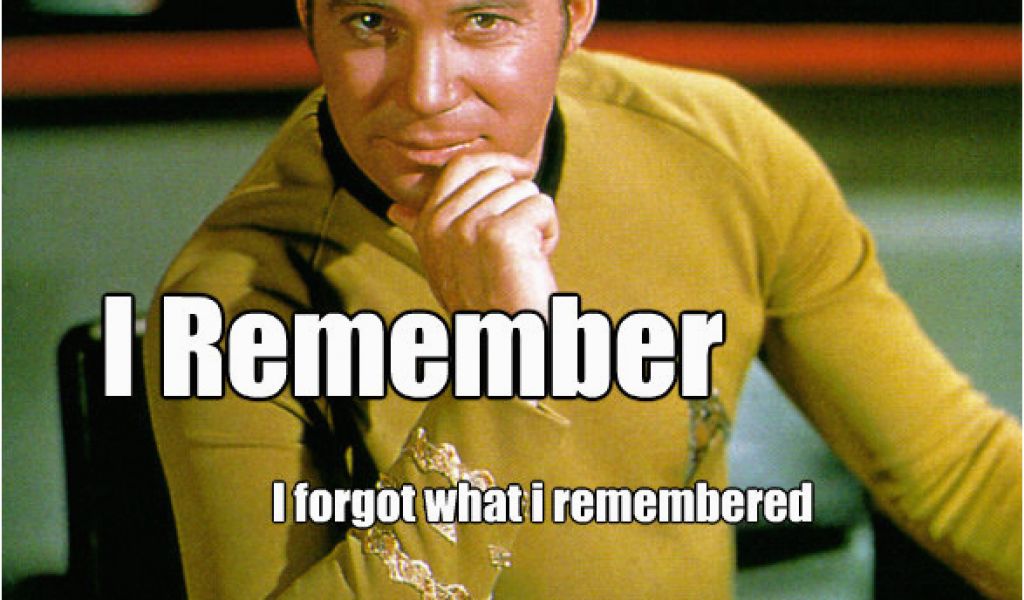
penny out of a group of drawings of incorrect pennies. In one classic experiment, researchers asked participants to identify the correct U.S. Encoding failures sometimes prevent information from entering long-term memory. Sometimes, losing information has less to do with forgetting and more to do with the fact that it never made it into long-term memory in the first place. By forgetting one memory in favor of another, it reduces the chance of interference happening again in the future. While this causes forgetting, research also suggests that this type of forgetting can actually be adaptive. This is particularly common when memory retrieval cues are very similar. Research suggests that retrieving some information from memory can lead to retrieval-induced forgetting. Sometimes the act of remembering something can lead to other things being forgotten.

There are two basic types of interference: When information is very similar to other information that was previously stored in memory, interference is more likely to occur. Some memories compete and interfere with other memories. Sometimes people forget due to a phenomenon known as interference. As memories accumulate, those that are not retrieved eventually become lost. Research also suggests that the brain actively prunes memories that become unused, a process that is known as active forgetting. One problem with this theory, however, is that research has demonstrated that even memories which have not been rehearsed or remembered are remarkably stable in long-term memory. If the information is not retrieved and rehearsed, it will eventually be lost. Decay theory suggests that over time, these memory traces begin to fade and disappear. So why are we often unable to retrieve information from memory? One possible explanation of retrieval failure is known as decay theory.Īccording to this theory, a memory trace is created every time a new theory is formed. The inability to retrieve a memory is one of the most common causes of forgetting. The authoritative record of NPR’s programming is the audio record.Have you ever felt like a piece of information has just vanished from your memory? Or maybe you know that it's there, but you just can't seem to find it. This text may not be in its final form and may be updated or revised in the future. NPR transcripts are created on a rush deadline by an NPR contractor. Visit our website terms of use and permissions pages at for further information. Their interview will be archived at the American Folklife Center at the Library of Congress.Ĭopyright © 2023 NPR. KHALID: That's Danny and Sydia Bell in Atlanta, Ga. Until this day, she just sits in the passenger seat and complain about, turn over there, slow down, you know? And she said, I am never going to touch a car again. But what I also remember is you going, oh, I saved it, but Lord, my car.ĭ BELL: I had just shined my car up. S BELL: I'm left with this memory of my dad coming out of the water, like, literally holding my mom and saving her against all odds. Until I pushed her up to the top of the car, they thought she was dead. S BELL: And I want to say, even a helicopter.ĭ BELL: Yeah. Do you remember that?ĭ BELL: I remember - the ambulance and the police.

S BELL: And I remember these two women came up, and they called 911 and stuff. I had to jump out of the way, and the car went over the embankment into the water, flipped upside down.ĭ BELL: I could not believe this happened.ĭ BELL: And I ran down the hill and went into the water, and I couldn't see nothin'.

And for some reason, she stepped on the gas, and the car flew. I stood in front of the car to guide her, and I kept pulling my hands towards me. And to my recollection, she was doing a really good job.ĭ BELL: She was, until I told her, I want you to park the car.
#I forgot i remember how to
SYDIA BELL: 'Cause she did not know how to drive.ĭ BELL: And I remember one day, we was in this park, and your mother has said to me, I'm nervous. He recently came to Stor圜orps with his daughter, Sydia, to talk about the time when Mom lost the car.ĭANNY BELL: I used to take your mother for driving practice. For Danny Bell, those people included his wife, Maritza. Let's face it, some people are not meant to drive. It's Friday, and that's when we hear from Stor圜orps.


 0 kommentar(er)
0 kommentar(er)
